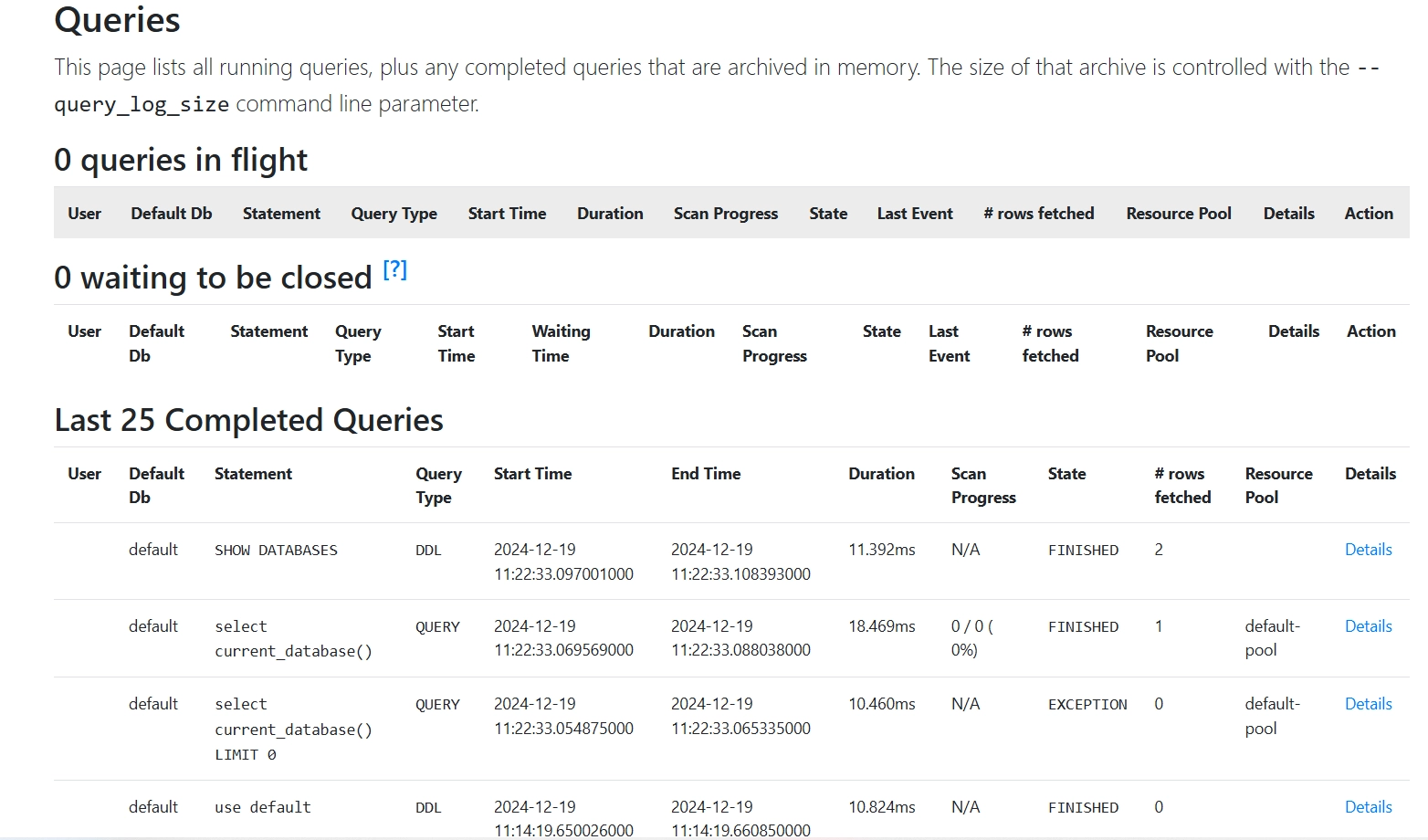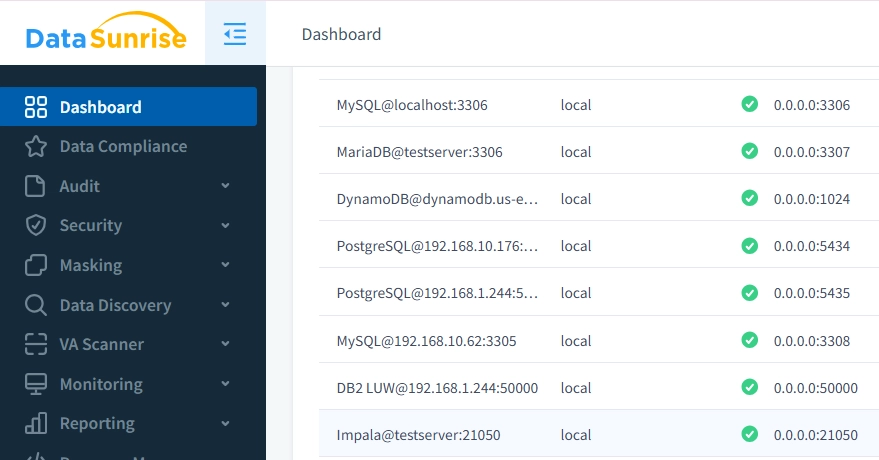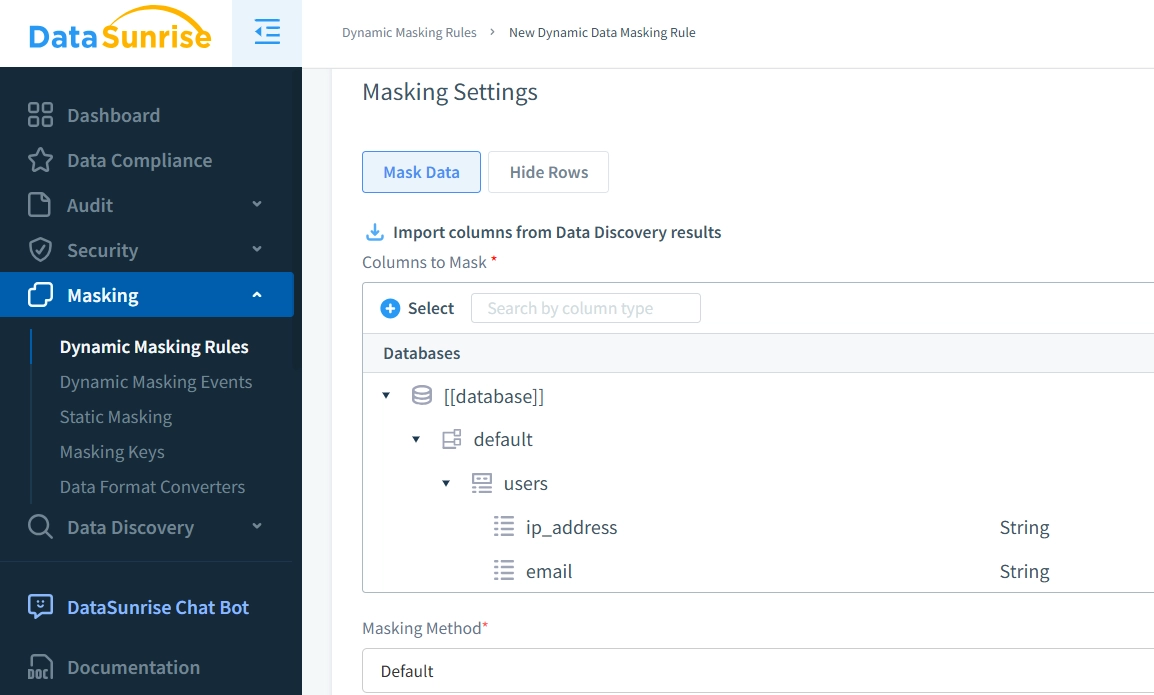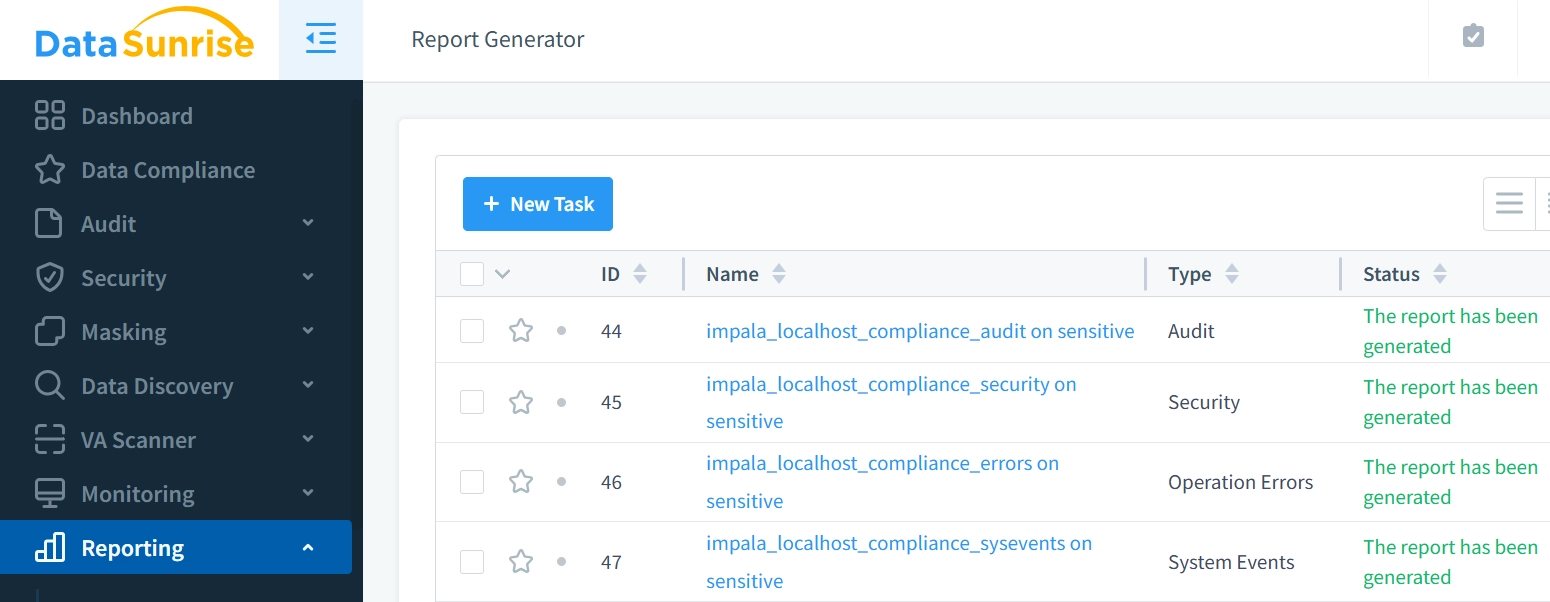
Impala Data Activity History

Introduction
Since its release in 2013, Apache Impala has transformed Hadoop analytics, enabling real-time SQL processing by reducing query times from minutes to seconds. Over the years, it has become a critical component for big data analytics, capable of processing petabytes of data across thousands of nodes. This immense scale has made activity tracking an essential enterprise requirement. Modern data activity history has evolved far beyond basic query logging, becoming a pivotal tool for maintaining security and compliance.
Why Track Impala Data Activity History?
For business owners and IT managers, data activity tracking is essential for several reasons:
- Compliance and Security: Ensure adherence to regulatory requirements and prevent unauthorized data access.
- Operational Insights: Understand how data is accessed and utilized to optimize workflows and performance.
- Troubleshooting: Quickly identify and resolve issues by analyzing access patterns.
Apache Impala’s native tools provide a robust foundation for achieving these goals.
Native Tools for Impala Data Activity History
Impala offers built-in logging capabilities to track database activity. These logs help in understanding who accessed what data, when, and how. Below are the key components:
Audit Logging in Impala
Audit logs in Impala record:
User logins and logouts.
Queries executed on the database.
Errors and failed login attempts.
Below is an example of an audit record:
{
"1734619759473": {
"query_id": "ac46a58717befbb9:72d7f6a500000000",
"session_id": "4c465400419a891e:27a0ebd65b4b63b9",
"start_time": "2024-12-19 14:49:19.446551",
"authorization_failure": false,
"status": "",
"user": "",
"impersonator": null,
"statement_type": "SHOW_DBS",
"network_address": "192.168.10.241:58867",
"sql_statement": "SHOW DATABASES",
"catalog_objects": []
}
}
To enable audit logging, follow these steps:
Configure the Impala Daemon:
Edit the
impaladconfiguration file to enable audit logging.impalad --audit_event_log_dir=/var/lib/impala/auditEnsure the directory has the appropriate permissions to allow Impala to write logs.
Restart the Impala Service:
sudo service impala-server restartCheck the Logs Folder:
ls -la /var/lib/impala/audit/
Impala Audit Log Folder Overview
Query Execution Monitoring
Impala’s Web UI provides real-time visibility into query execution. Administrators can:
Monitor active queries.
View resource usage metrics.
Analyze query history for optimization.
To access the Web UI, open the browser and navigate to:
http://<impala-host>:25000/queries

Native Tools Limitations for Impala Data Activity History Tracking
While Impala provides robust built-in tools for data management, organizations often encounter several key challenges when relying solely on these native capabilities:
Native Impala tools require significant manual configuration and ongoing maintenance, which can strain IT resources and increase operational overhead. As environments scale, managing and analyzing log data becomes increasingly complex, potentially impacting system performance and visibility. Furthermore, organizations with sophisticated security and compliance requirements may find the native access controls and audit capabilities too rigid or basic for their needs.
The Evolution of Management Solutions
The data management landscape has experienced significant shifts in recent years, impacting many traditional Hadoop ecosystem tools. Cloudera Manager, once a cornerstone for many organizations, has seen reduced support and updates. With Cloudera's transition to a commercial-only model, organizations are re-evaluating their tooling strategies to adapt to these changes.
Apache Ranger continues to be a reliable choice for security management within Hadoop ecosystems. However, its implementation can present some challenges, especially in large or complex environments. as It often requires technical expertise and careful planning for effective setup and maintenance.
DataSunrise: A Modern Approach to Impala Data Activity History
DataSunrise offers a comprehensive solution that addresses many limitations of both native tools and legacy systems. Its modern architecture provides several key advantages:
Streamlined Management
The platform offers a unified monitoring dashboard that simplifies oversight across multiple different database instances. With support for over 40 data storage platforms , this centralization reduces administrative burden and improves response times to security events.

Advanced Security Features
DataSunrise implements dynamic data masking that protects sensitive information in real-time, adapting to different user roles access levels and data filters. This granular control ensures data remains secure while maintaining accessibility for authorized users.

Comprehensive Compliance Framework
Organizations gain instant access to automated compliance monitoring and reporting across major standards like SOX, GDPR, HIPAA, and PCI DSS. Through ready-to-use templates and real-time monitoring, the platform automatically tracks all required metrics and generates compliance documentation. A centralized dashboard provides instant alerts for violations while eliminating manual compliance work and reducing regulatory risks.

Additional Key Features:
DataSunrise provides a suite of tools to enhance security, monitoring, and analytics in database environments. Key features include:
- Real-Time Notifications: Stay informed about critical events instantly for faster response.
- Behavior Analytics: Identify unusual patterns and detect potential threats using advanced analysis tools.
- LLM and ML Tools: Utilize large language models and machine learning to enhance security and monitoring capabilities.
Conclusion
While Impala's native capabilities provide basic tracking features, modern environments demand more robust solutions. DataSunrise delivers next-generation security tools that scale with your needs. With flexible deployment options and comprehensive audit features, organizations can build a secure, compliant data infrastructure that's ready for future challenges.
Ready to enhance your Impala audit capabilities? Try our online demo today and see how advanced audit trail management can transform your data security.
